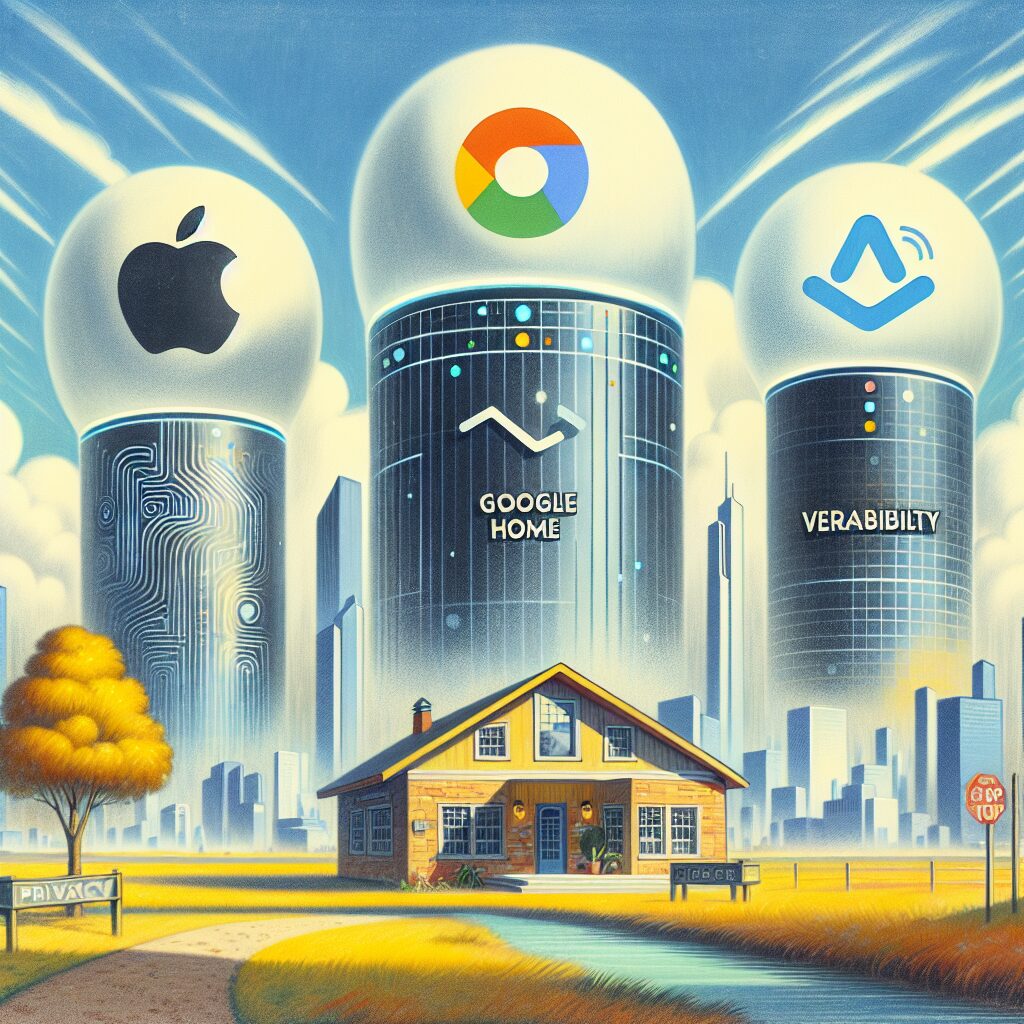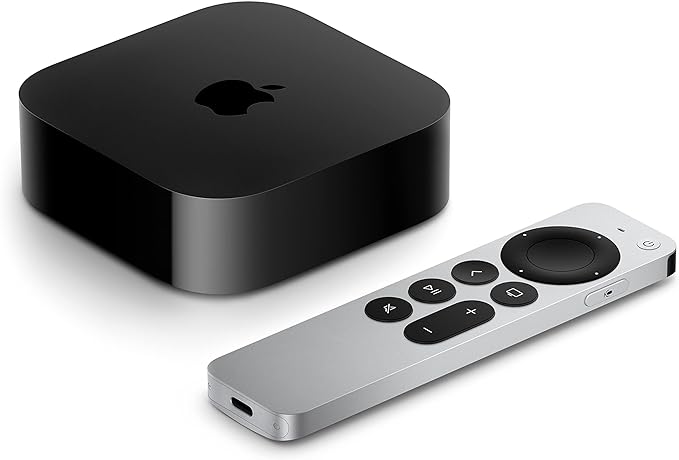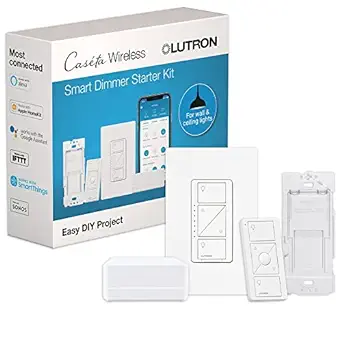Some of the products we mention and recommend may include affiliate links to allow us to offset some of the cost of running this site. For more info please read our privacy policy
Smart home automation has been gaining popularity in recent years, with more and more people turning to smart devices to make their homes more efficient and convenient. With various platforms available, it can be overwhelming to choose which one to invest in. In this article, we will be comparing three of the most popular smart home platforms: Apple HomeKit, Google Home, and Amazon Alexa.
What is a smart home platform?
A smart home platform is a software that connects and controls smart devices within a home. It acts as the central hub for all smart devices, allowing users to control and automate them through a single app or voice command.
Apple HomeKit
Apple HomeKit was introduced in 2014 and is specifically designed for Apple users. It is compatible with iPhones, iPads, and Apple Watches. With HomeKit, users can control their smart devices through the Home app or by using Siri.
One of the biggest advantages of HomeKit is its strong emphasis on privacy and security. All communication between devices is end-to-end encrypted, meaning that only authorized devices can access and control the smart devices in your home. This is a major selling point for Apple users who value their privacy.
Another key feature of HomeKit is its seamless integration with Apple’s ecosystem. With just a few taps or voice commands, users can control their smart devices, set up scenes, and create automations. HomeKit also offers a wide range of compatible devices, including lights, thermostats, door locks, and more, giving users plenty of choices to customize their smart home.
Google Home
Google Home, also known as Google Assistant, is a smart home platform developed by Google. It is compatible with both Android and iOS devices, making it accessible to a wider range of users. Google Home can be controlled through the Google Home app or by using the Google Assistant voice command on Google Home devices or smartphones.
One of the standout features of Google Home is its powerful voice recognition technology. It can understand and respond to natural language requests, making it more conversational and user-friendly. It also has a wider range of integrations with third-party devices and services, such as Spotify and Nest, allowing for more comprehensive control of the smart home.
One downside of Google Home is its lack of advanced automation options. While it offers basic automation features, it does not have the same level of customization as HomeKit. Additionally, Google’s privacy policies have been a concern for some users, as it collects user data for targeted ads.
Amazon Alexa
Amazon Alexa is the smart home platform developed by Amazon and is compatible with both Amazon Echo devices and smartphones. It has a robust third-party integration with over 100,000 skills, making it one of the most versatile platforms on the market. Alexa can be controlled through the Alexa app or by using voice commands through Echo devices or smartphones.
One of the main advantages of Alexa is its wide range of compatible devices from various brands, giving users a lot of options to choose from. It also has a user-friendly interface and is constantly evolving with new skills and features being added. Additionally, it offers advanced automation options, allowing users to create intricate routines and schedules for their smart devices.
However, one drawback of Alexa is its lack of integration with Apple devices. While it is compatible with iOS devices, it does not have the same level of integration as HomeKit. There have also been concerns over privacy, as Alexa stores voice recordings and data from interactions with the platform.
So, which smart home platform should you choose?
Ultimately, the best smart home platform for you will depend on your personal preferences and the devices you already have. If you are an Apple user with privacy concerns, HomeKit may be the best option for you, it was for us. If you want a more conversational and versatile platform, Google Home may be the right choice. And if you want a wide range of device options and advanced automation options, Alexa may be the way to go.
In conclusion, smart home automation has come a long way and with the increasing popularity of these platforms, the possibilities for a smarter and more efficient home are endless. We hope this comparison has helped you make an informed decision on which smart home platform is best for you. For more informative articles on smart home automation, be sure to check out our website, moresmarterhome.com. Happy automating!



